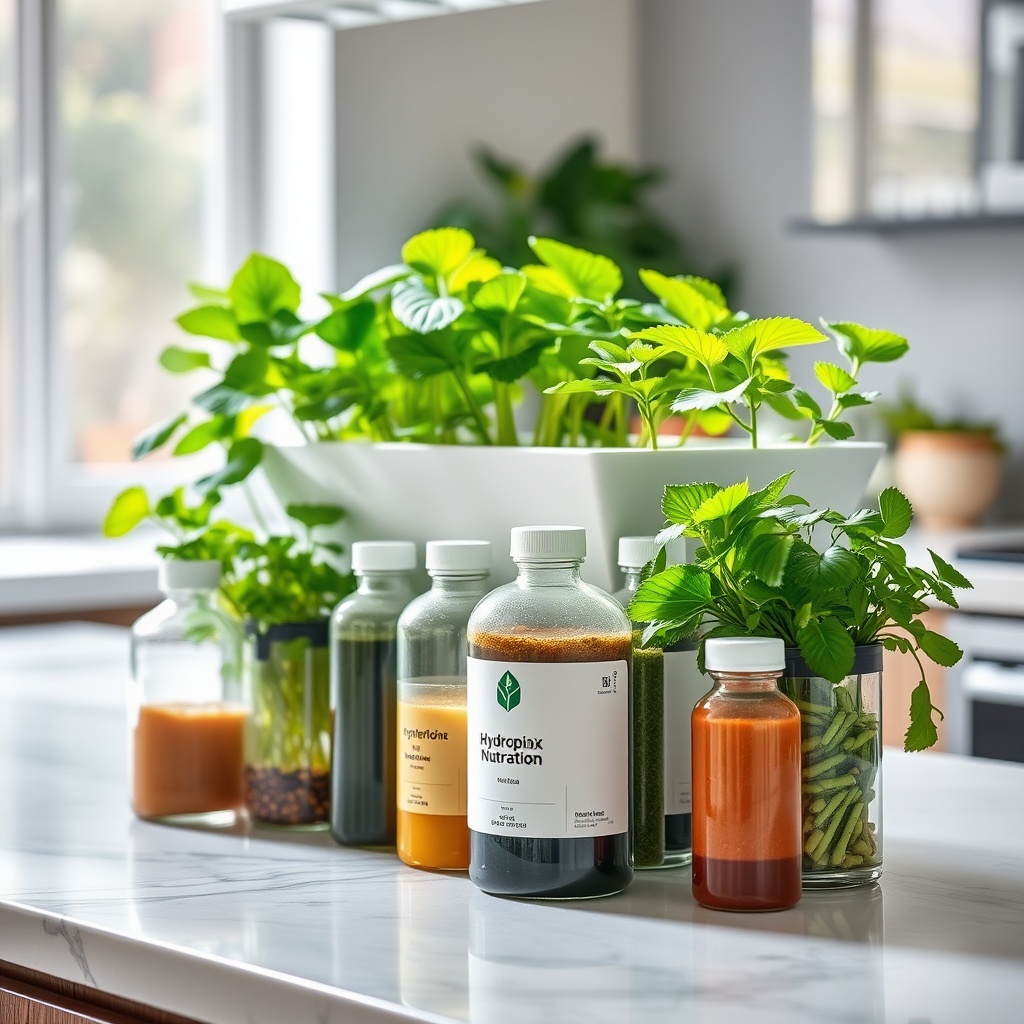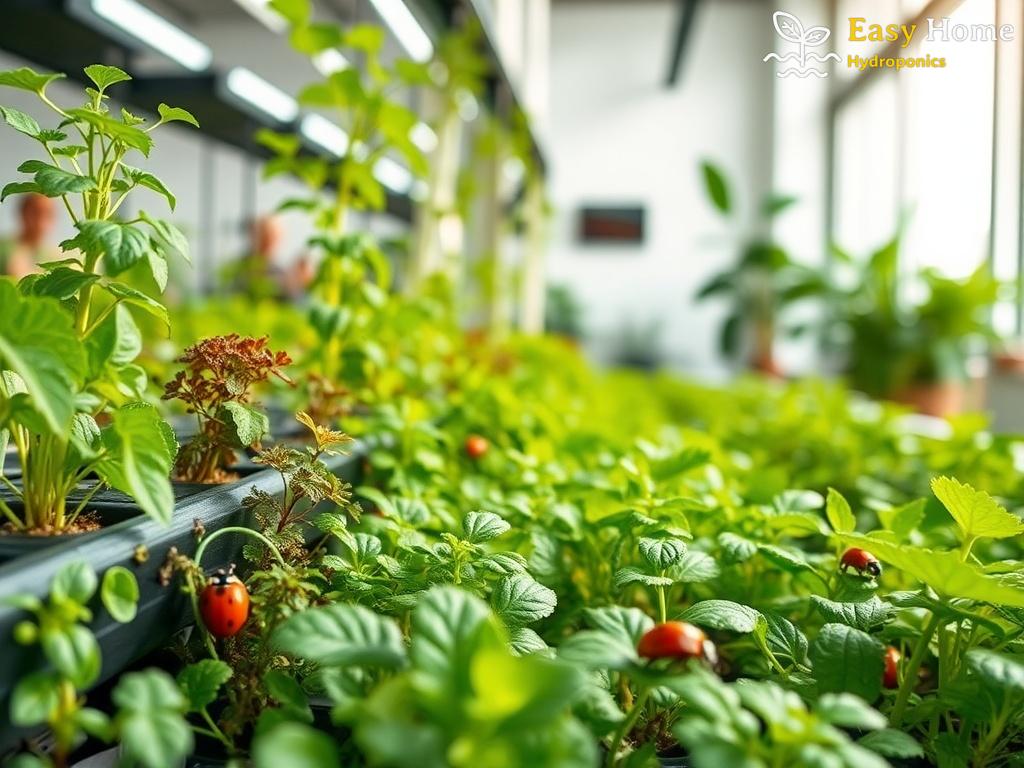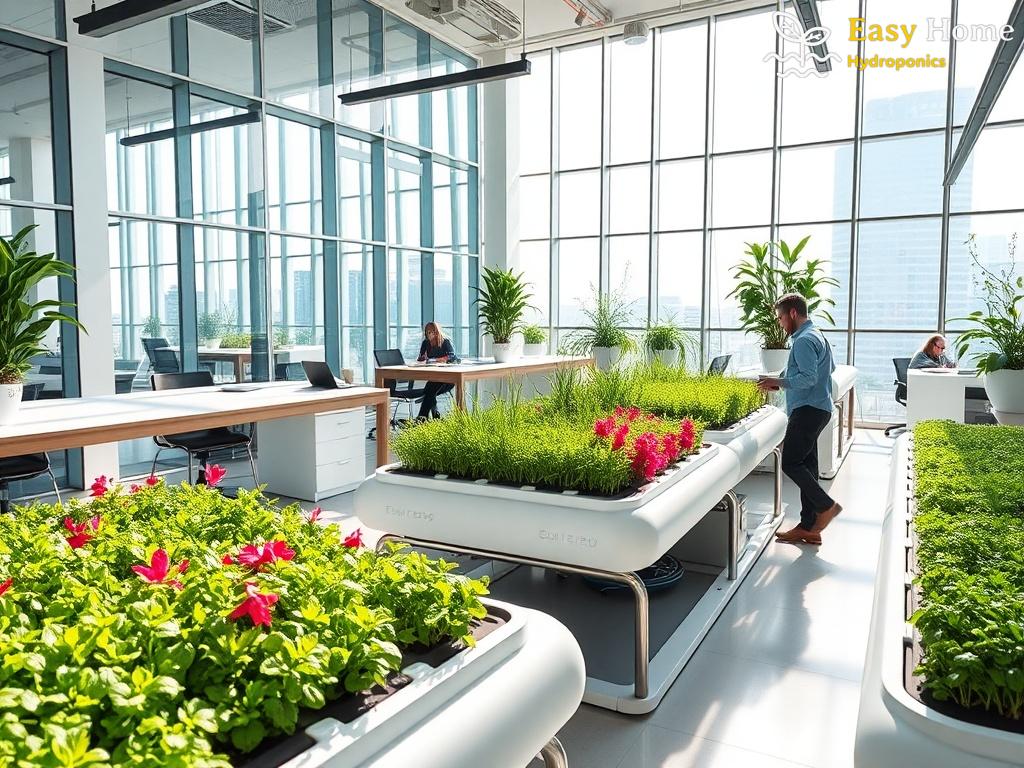As urban gardening continues to gain traction, hydroponics has emerged as a transformative method for cultivating plants without soil. Homeowners are increasingly turning to hydroponic systems, and with that comes the need for effective nutrient formulations. Understanding the latest trends in these nutrient solutions can be the difference between a thriving garden and a disappointing yield.
Innovative Nutrient Solutions Tailored for Home Growers
In recent years, the market has seen a surge in innovative nutrient solutions specifically designed for home hydroponic systems. Companies are now offering a variety of formulations that cater to different plant types and growth stages, ensuring that even novice gardeners can achieve success.
- Complete Nutrient Kits: These all-in-one solutions provide a balanced mix of macro and micronutrients, simplifying the process for users.
- Organic Options: With a rising demand for organic produce, many brands have introduced organic nutrient formulations that are free from synthetic additives.
- Customized Nutrients: Some companies now allow users to customize their nutrient mixes based on specific crop needs, promoting optimized growth.
The Rise of Smart Hydroponics
Technology is playing a pivotal role in the evolution of hydroponic nutrient formulations. Smart hydroponic systems equipped with sensors and automated nutrient delivery mechanisms are becoming increasingly popular among home gardeners. These systems can monitor the nutrient levels in real-time and adjust them automatically, ensuring that plants receive the optimal mix without the hassle of manual measurements.
Furthermore, data analytics are being used to refine nutrient solutions based on crop performance. This combination of technology and nutrient science is revolutionizing the way home gardeners approach hydroponics, making gardening more accessible and efficient.
Environmental Sustainability in Nutrient Production
As awareness of environmental issues grows, many nutrient manufacturers are now focusing on sustainable practices. The trend towards eco-friendly formulations includes the use of recycled materials in packaging and the sourcing of nutrients from renewable resources. This shift not only appeals to environmentally conscious consumers but also supports the broader goal of sustainable agriculture.
Additionally, some brands are exploring alternative nutrient sources, such as algae-based formulas that provide essential nutrients while minimizing environmental impact.




